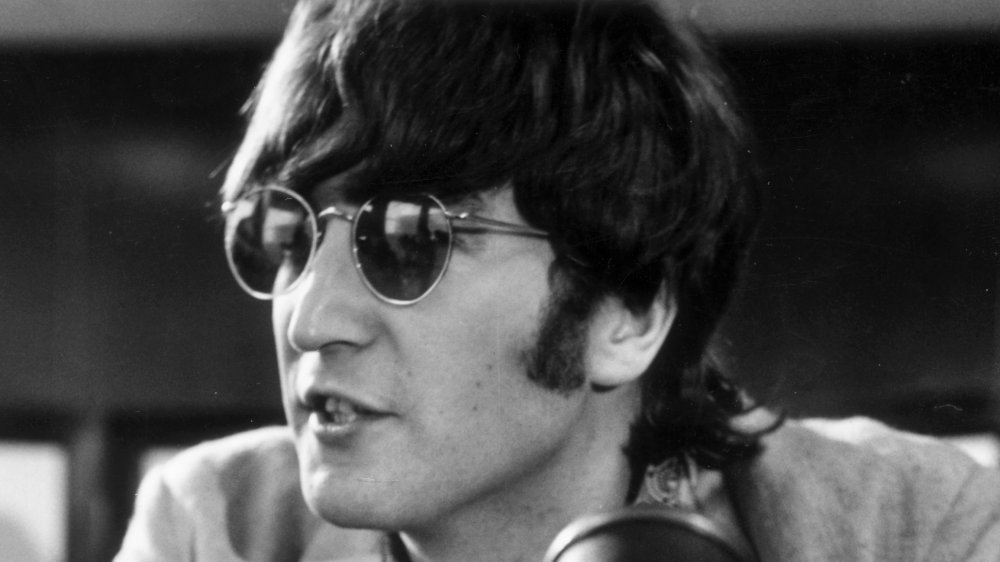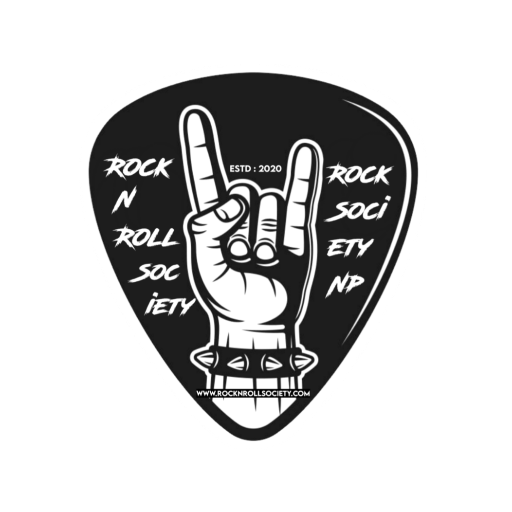
John Lennon’s time in this world was far from blissful. His personal life was a tumultuous stream of chaos and disastrous events, some inflicted by cruel fate, others by his own behavior. Let’s delve into the darker aspects of John Lennon’s life.
Lennon had a strained relationship with his father, Alfred, who separated from John’s mother, Julia, in 1944, four years after John was born. John often said he barely knew his father and only saw him sporadically until he became famous, at which point Alfred reappeared. The reunion was not a happy one. As John explained in a 1966 interview, “I saw him and spoke to him and decided I still didn’t want to know him.”
In 1965, while the Beatles were at the height of their fame, talent manager Tony Cartwright discovered Alfred working at a pub. Cartwright shaped Alfred into “Fred Lennon” and attempted to launch his singing career. However, his debut album did not sit well with John, who reportedly asked his manager, Brian Epstein, to use his influence to stop it. Alfred’s singing career soon fizzled out, and his record never charted. John saw his father only once more, in 1970, when he grabbed him by the collar and screamed at him. Alfred died in 1976, and John later expressed regret over their final encounter.
George Toogood Smith, John Lennon’s uncle through marriage, was a significant figure in John’s early life. John lived with Smith and his wife, Mary Elizabeth Stanley, for most of his childhood. Smith, who taught John to read, paint, and draw, and even bought him a mouth organ, was a profound influence on him. Tragically, in 1955, Smith died of a liver hemorrhage at the age of 52. Smith’s grave was lovingly restored and unveiled in 2015 as part of Lennon’s 75th birthday celebrations. Interestingly, Smith’s final resting place might have indirectly inspired the Beatles’ classic “Eleanor Rigby,” named after a tombstone in the same churchyard.
One of the worst moments in John Lennon’s life occurred on July 15, 1958, when his mother, Julia, died in a freak accident. Although John lived with his aunt and uncle, he was close to his mother, who supported his musical endeavors and bought him his first guitar. Tragically, she was run over by an off-duty policeman while crossing a road on her way to the bus stop. She died instantly. The incident deeply traumatized John, and the officer, who realized later that the woman he hit was John Lennon’s mother, resigned from the police force.
John’s son from his first marriage, Julian, inherited some of his father’s artistic talents and world-improving tendencies. Julian is a photographer, musician, documentary filmmaker, and philanthropist. However, Julian has criticized his father’s public image as a peacemaker, calling him a hypocrite who preached peace but showed little love for Julian and his mother, Cynthia. Despite his feelings towards his father, Julian maintains a good relationship with his half-brother, Sean, though Sean seems less enthusiastic about keeping in touch. Julian also respects Sean’s mother, Yoko Ono, despite their differences.
John Lennon’s use of drugs, particularly heroin, contributed to the breakup of the Beatles. In 1969, during a period of personal and professional turmoil, he became addicted to heroin. This addiction, coupled with interpersonal tensions within the band, strained relationships further. Lennon attributed his drug use to the pain following Yoko Ono’s miscarriage in 1968, though some suggest he started using earlier. The heroin use and its accompanying mood swings became a significant problem, especially after a car accident in Scotland. By the time the band recorded “Abbey Road,” the other Beatles had to tread carefully around John due to his volatile behavior.
Despite his public image as a champion of peace, John Lennon could be violent, especially towards the women in his life. In a 1980 Playboy interview, he admitted to having a history of domestic abuse, including hitting his ex-wife, Cynthia. He claimed to have become a changed man, genuinely regretful of his past actions. However, this history of abuse presents a serious dilemma for those who view him as a socially conscious icon.
In the summer of 1973, with his marriage to Yoko Ono in trouble, Lennon embarked on an affair with their assistant, May Pang, with Ono’s approval. The affair, which Lennon referred to as his “Lost Weekend,” lasted almost two years, during which he indulged in heavy drinking and other excesses. Despite the turmoil, Lennon completed three albums during this period, though the creative process was often chaotic and booze-fueled.
Lennon also faced significant opposition from powerful adversaries, including President Richard Nixon and the FBI. In 1971, the FBI opened a file on Lennon due to his political activism, particularly after he performed at a rally for John Sinclair of the White Panthers. The American government harassed Lennon for years, compiling a 300-page file on him and attempting to deport him. Nixon viewed Lennon’s activism as a threat to his re-election, but Lennon ultimately weathered the storm, securing a green card in 1976 after Nixon’s resignation.
John Lennon was also accused of plagiarism. Morris Levy, a music producer, claimed that Lennon’s song “Come Together” was plagiarized from Chuck Berry’s 1956 song “You Can’t Catch Me.” Lennon admitted drawing inspiration from Berry’s song but settled the lawsuit out of court. This led to years of legal disputes with Levy over the specifics of the settlement.
The tragedies in John Lennon’s life culminated in his assassination. On December 8, 1980, Lennon was shot and killed by Mark David Chapman outside his home. Earlier that day, Chapman had approached Lennon for an autograph, which Lennon kindly provided. Chapman, motivated by a desire for attention and inspired by J.D. Salinger’s novel “The Catcher in the Rye,” later shot Lennon, ending the life of the influential musician.







